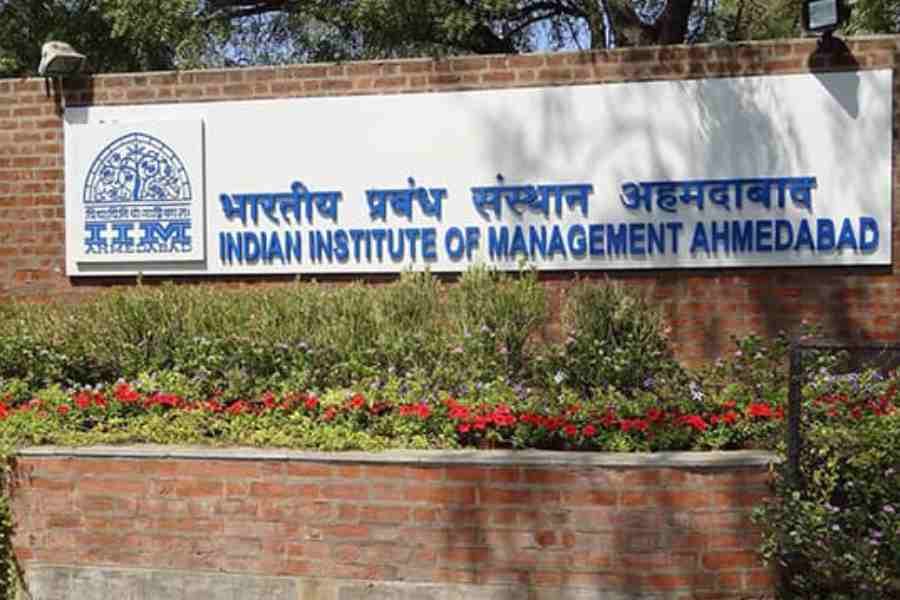There can be two ways of looking at the Indian Institutes of Management (amendment) bill. The Union education minister’s emphasis lay on the bill’s ability to ensure that the IIMs fulfilled reservation requirements; they would have to justify themselves to the government otherwise. The amended bill appears to have been formulated because some IIMs evade reservations in admission and faculty recruitment. Yet all Central educational institutions are bound by a law made in 2006 to introduce quotas of fixed percentages for various disadvantaged groups during admission. A 2019 law requires the same for faculty recruitment. While the IIMs treasure their autonomy, it is unfortunate that some of the institutions do not acknowledge the responsibility that goes with autonomy, at least in this respect. So one way to look at the bill is as a step towards fairness. But the bill also gives the responsibility of nominating the chairperson of the board of governors of each IIM to the president of India. In the earlier IIM Act, this was the board’s duty, as was the choice of director. By the amended bill, however, the chairperson will head a panel that will choose a director.
Ultimately, the second is the greater change. It is now the government or its chosen representatives that shall take the topmost chairs, quietly hollowing out the institutions’ autonomy. This is rather different from making errant IIMs accountable in the matter of affirmative action; that may seem a ruse in the context of the fundamental change. The argument that earlier directors, for example, may have helped in dropping quota candidates is no reason for such an extreme step, because penalty for non-compliance would have been enough. The second look at the bill, therefore, reveals the Narendra Modi-led government’s drive for control, its gradual hijacking of educational spaces. Did the fact that the IIMs were autonomous rankle more than the fact that some flouted the reservation laws? Autonomy in any institution except the government is under attack; education, especially, is suffering in independence, infrastructure, opportunity and content. As the new IIM bill indicates, in form as well. The government has been accused of pushing for the privatisation of education, uncaring of disadvantaged children. But its top-door entry into the IIMs shows that its notion of privatisation is rather unique.










